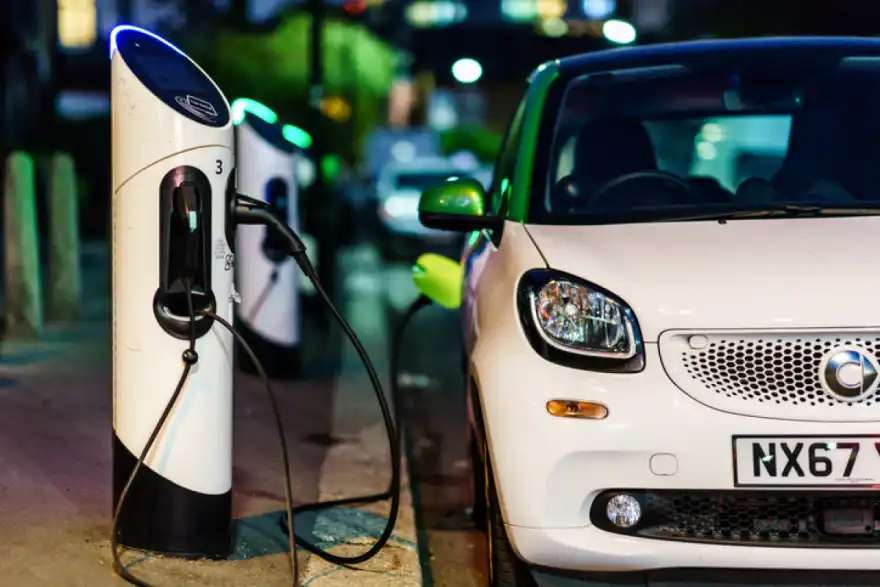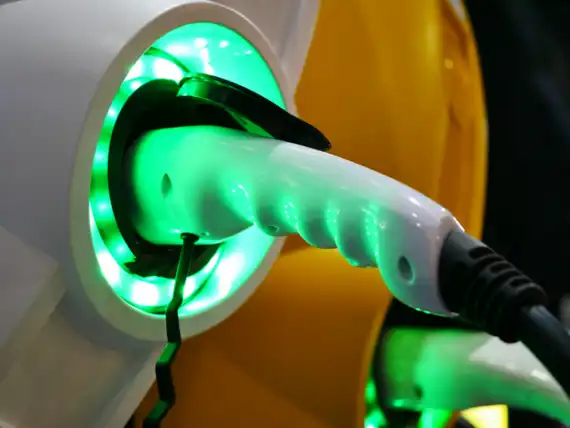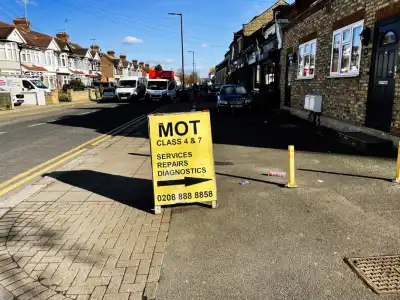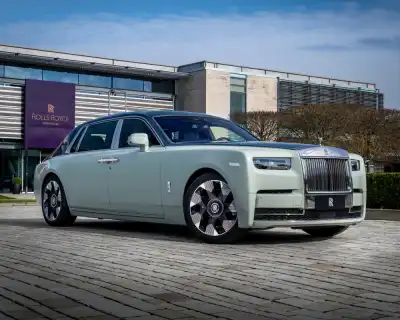
On-street Residential Chargepoint Scheme
The Government has doubled its funding for local councils to install electric vehicle chargers in residential streets in the United Kingdom, Transport Secretary Grant Shapps revealed. This extra £2.5 million is expected to pay for a further 1,000 chargers.
Councils will receive the extra funding via the On-street Residential Chargepoint Scheme that launched in 2017. It has already given money to 16 local councils for the installation of 1,200 chargers. To reduce the expense, chargers in residential streets can be fitted to existing infrastructure such as lampposts.

Why install electric car chargers?
But why bother to install chargers in residential streets? The Government wants drivers to swap petrol and diesel vehicles for more environmentally friendly alternatives. Electric cars that cannot pollute at the point of use, for example. This is because pollution from traffic has been linked to a range of health issues.
However, certain things have to happen before electric vehicles become the default choice for most people. First and foremost, there must be a fast, reliable, and large network of public chargers that is easy to use. As of now, the typical perception among motorists is that the network is too small. This is an issue.
That said, lack of infrastructure is more of a worry for some motorists than others. Those that have private driveways can recharge with comparative ease, for example. They can install dedicated chargers or use standard sockets. However, the drivers who rely on on-street parking have no such luxuries. They are totally dependant on the public network to recharge their vehicles.
On this basis, increasing the number of public chargers in residential streets might make motorists more likely to swap traditional cars for plug-in alternatives. ‘The scheme aims to encourage more people to choose an electric vehicle by making it easier to charge their cars near home’, the Government emphasised.
Transport Secretary champions electric cars
Transport Secretary, Grant Shapps, suggested the existing public charge network is widespread but that it needs to expand. ‘It is fantastic there are now more than 20,000 publicly accessible chargepoints’, he stated. However, ‘we still want to do much more.’
‘It is vital that electric car drivers feel confident about the availability of chargepoints near their homes. Charging an electric car should be as easy as plugging in a smartphone.’ He concluded: ‘That is why we are doubling the funding available for local authorities to continue building the infrastructure we need to supercharge the zero emission revolution right across the country.’




